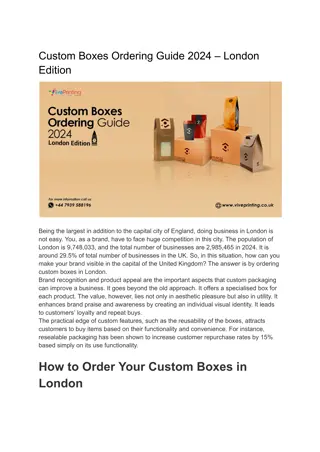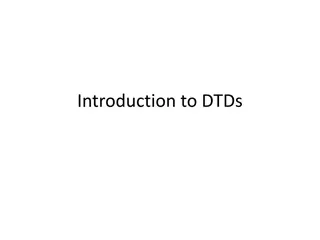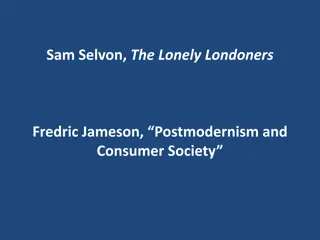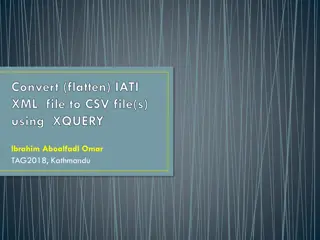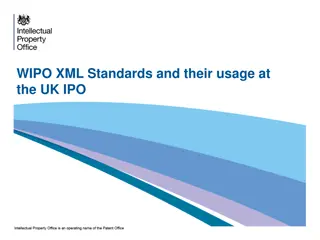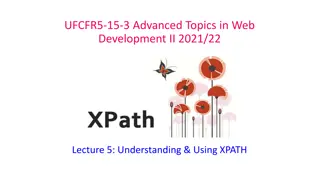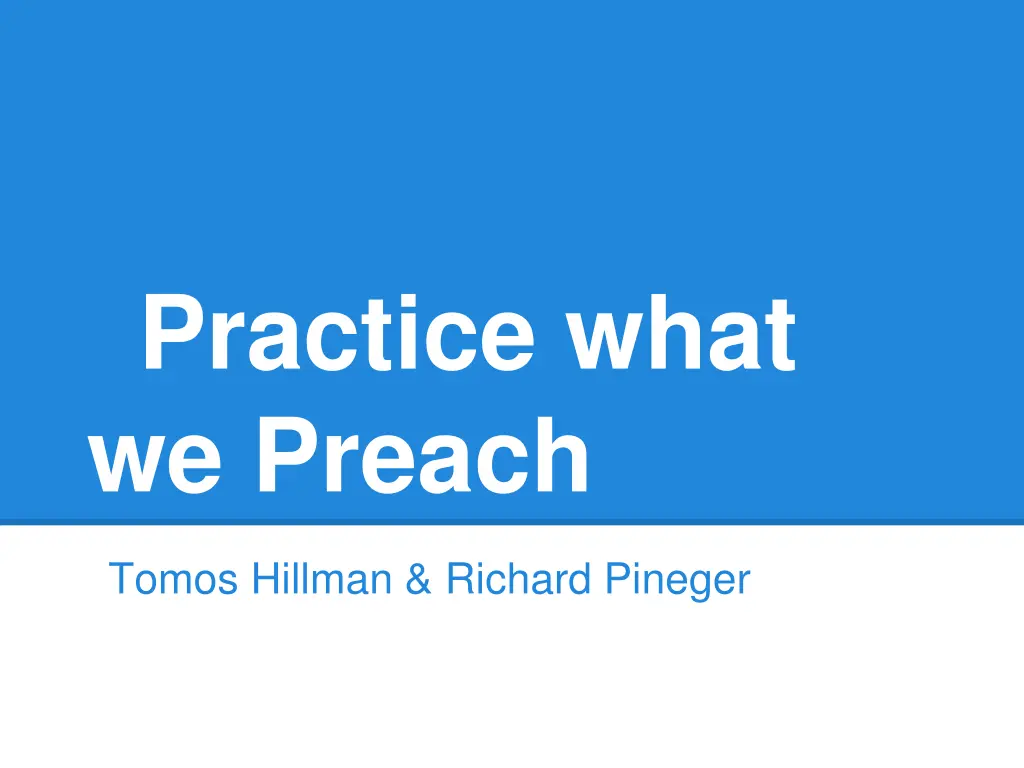
Unlocking the Power of XML Skills: Overcoming Challenges and Implementing DITA Solutions
Explore how to overcome challenges in writing well with XML, utilizing DITA XML for content management, and enhancing quality through single-sourcing. Discover the nuances of project management, file structuring, and leveraging XML expertise for conversion, content reuse, and version control, ultimately optimizing documentation output.
Download Presentation

Please find below an Image/Link to download the presentation.
The content on the website is provided AS IS for your information and personal use only. It may not be sold, licensed, or shared on other websites without obtaining consent from the author. If you encounter any issues during the download, it is possible that the publisher has removed the file from their server.
You are allowed to download the files provided on this website for personal or commercial use, subject to the condition that they are used lawfully. All files are the property of their respective owners.
The content on the website is provided AS IS for your information and personal use only. It may not be sold, licensed, or shared on other websites without obtaining consent from the author.
E N D
Presentation Transcript
Practice what we Preach Tomos Hillman & Richard Pineger
Challenges Original instructions in Microsoft Word: about 30 documents 2,200 sections SharePoint
Challenges Hard to write well: Multiple authors Complex dependencies and redundancies Writing style Waffle and irrelevant information Consistency (particularly in XML examples)
Solution - DITA XML Content components Books (PDF) Component content management Single-source publishing bookmap Help or web help map
DITA XML - design parameters Darwinian Information Typing Architecture Quality Technical Communications Semantic Inherit and specialize Saves $ $ $ $
DITA XML - quality DITA > single sourcing DITA > technical solution Writing methodology and ethos minimal direct tasks = Quality product
DITA XML - project@OUP Nov/Dec 12 Jan 13 Feb 13 Mar 13 MS Word headings and styles DITA4Publishers word2dita Rewrite + restructure
DITA XML - files .dita .ditamap <concept> <title/> <shortdesc/> <conbody> <p> <map> <topicref @href @keys <topicref @href @keys/> </topicref>
Using our XML expertise XML Team, XML skills, XML document format! - Obvious! How can we apply our XML Skills? Conversion Content Reuse & Version control Quality Control of the documentation Output customization (XSLT) Integration into other systems Content Reuse Quality Control of the documentation
XML Examples - Problem 1.Examples (and data-models) change Example is now incorrect Cause != Subject 2.Examples styling is a pain! Waste of time Inconsistently applied Makes it easy to miss the obvious
XML Examples - Solution 1. Write XML examples in native XML 2. Validate using NVDL 3. Transform to a DITA topic 4. Share and reuse in DITA
1. XML Wrapper Format Oxygen PI to associate NVDL Schema examples.xml Unique ID used as key in DITA Chooses example data- model
2. Validate using NVDL "Namespace Validation Dispatching Language" Sample in full paper. Data models updated by SVN externals Grammatical validation Wrapper XML format Example XML format(s) Schematron Validation E.g. ID uniqueness Validation in the editor
3. Transform to DITA topic Consistent styling in one click! output CSS reused in editor Structure obvious at a glance
4. Share and reuse in DITA Call in content using key/ID (examples.xml) Can be reused - single source XML!
Conclusion - practice what we preach Any technology that's available for the wider use of XML may introduce opportunities for your own processes. Those principles of reuse are mirrored in DITA's conceptual guidelines.
Thank you for listening. Questions?
Practice what we Preach Tomos Hillman & Richard Pineger



